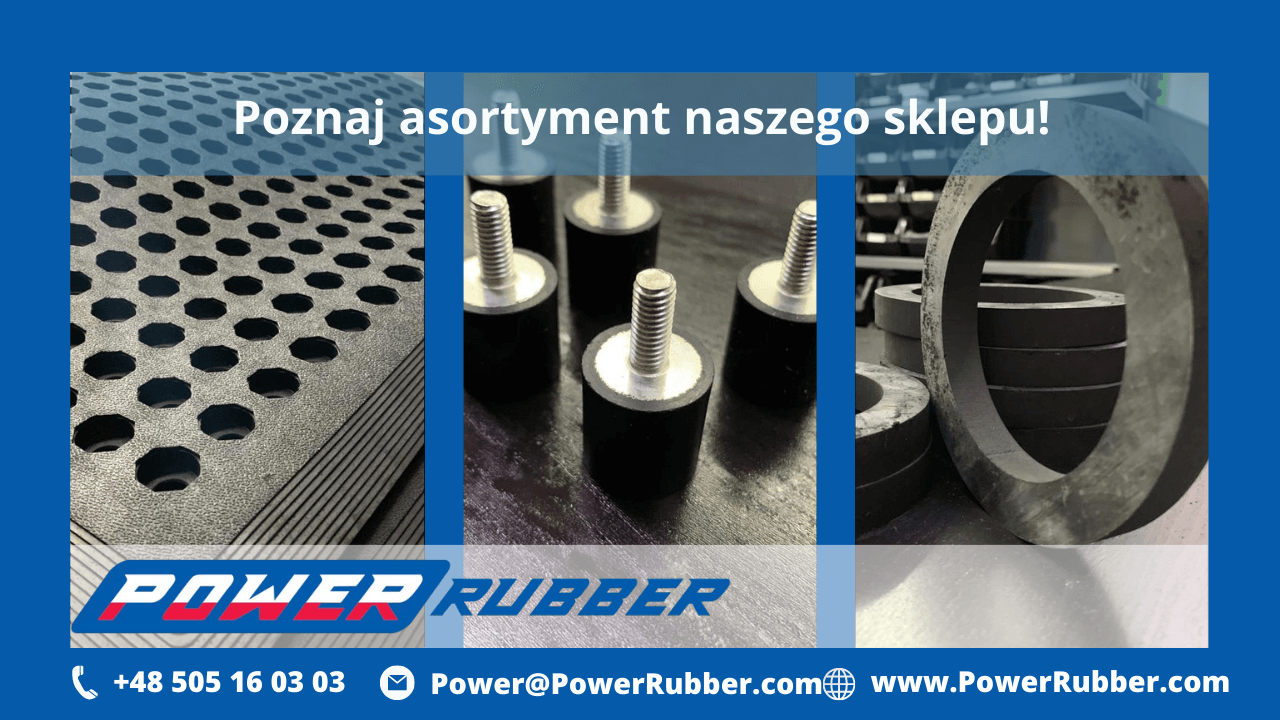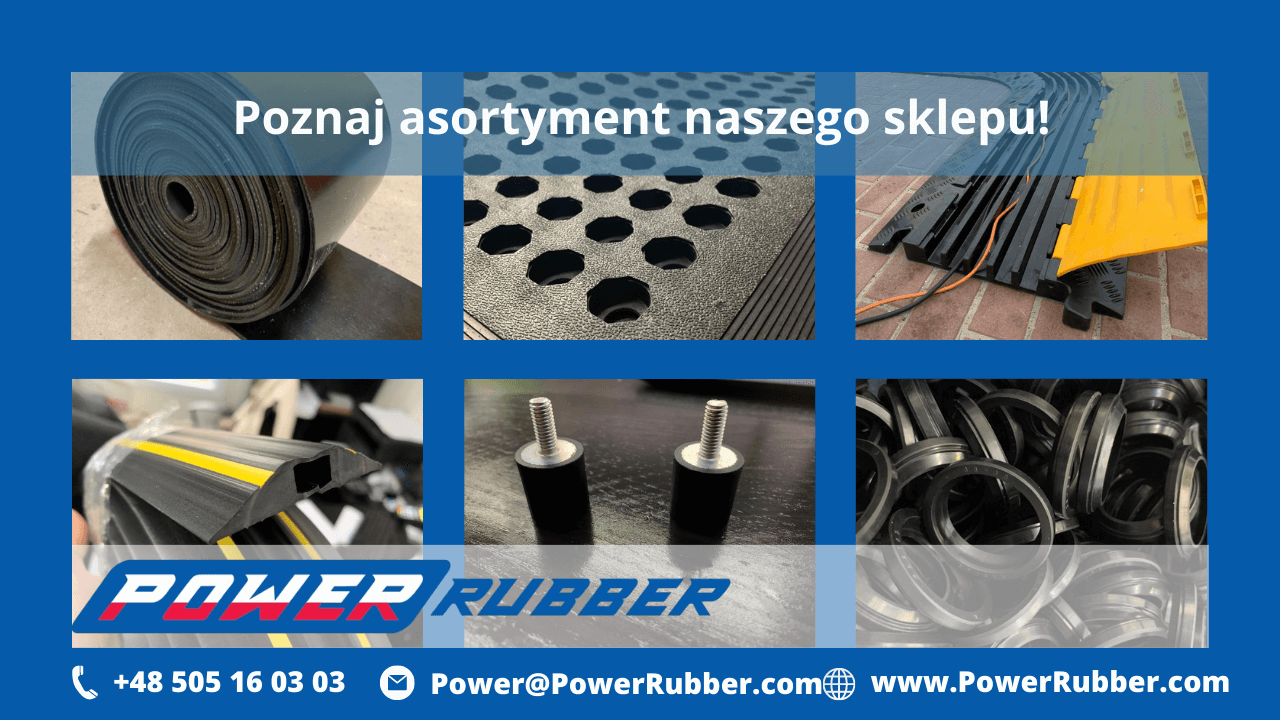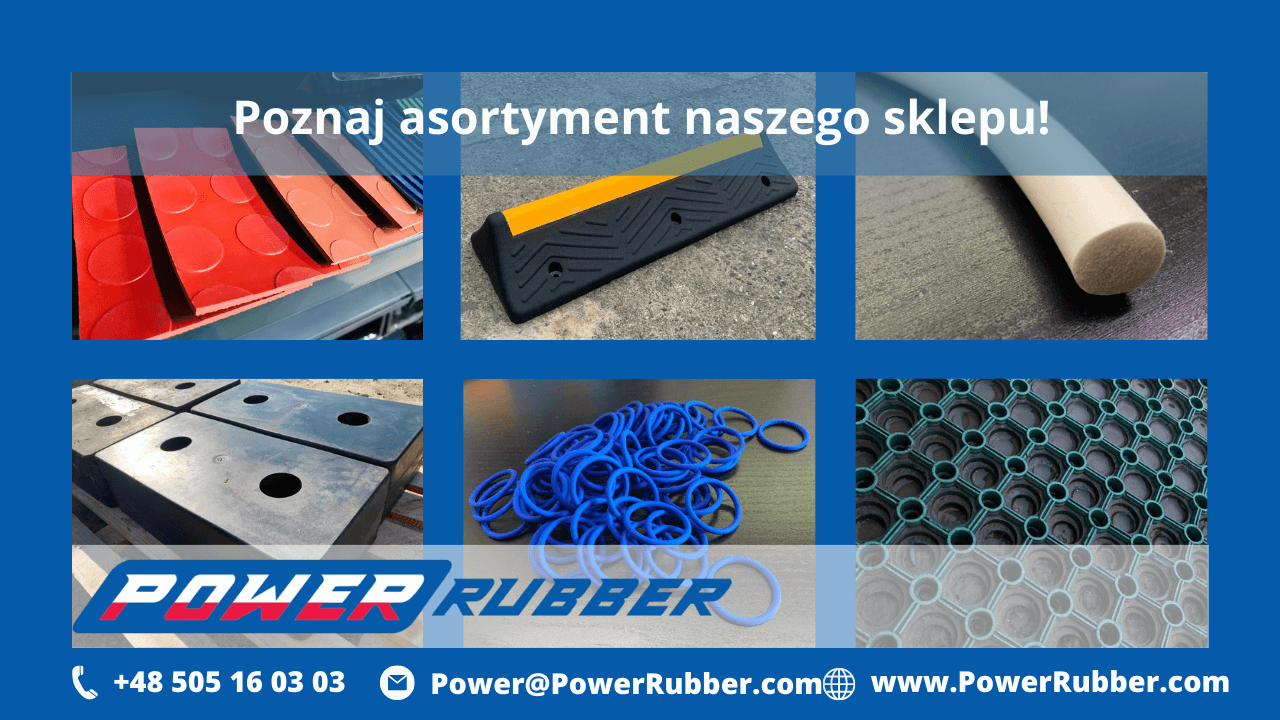Is CE Marking Required for Technical Seals?
Before a product can enter the European Union’s commercial market, it must undergo a conformity assessment. CE marking is mandatory for countries within the European Economic Area (EEA) and the European Free Trade Association (EFTA) if EU legislation requires it for a specific product category.
What Is the EU Declaration of Conformity?
The EU Declaration of Conformity is a legal document issued by the manufacturer or their authorised representative. It confirms that the product complies with the essential requirements of applicable EU directives – often referred to as New Approach Directives.
These essential requirements are outlined in harmonised standards, which serve as benchmarks for ensuring compliance with EU law.
New Approach Directives specify which products require CE marking – such as construction materials, machinery, or electronic equipment – and whether a declaration of conformity is needed under EU law.
There are different types of conformity declarations, including the EU Declaration of Conformity, the general declaration of conformity, and national declarations of performance.
This documentation includes important product details such as model identification, the name and address of the manufacturer, and confirmation that the declaration is made under the sole responsibility of the manufacturer. Additional information must also be included, such as the name and ID number of the testing laboratory involved in assessing the product. The declaration must be signed by an authorised representative of the company.
The EU Declaration of Conformity is issued when CE marking is affixed and must be retained by the manufacturer. It should be stored for a minimum of 10 years from the date the final unit of the product is placed on the market. Furthermore, under current legal requirements, a declaration of conformity must accompany machinery and construction products at the point of sale. It must also be available in the language of the country where the product is marketed.
Importantly, the EU Declaration of Conformity is often mistakenly referred to as a “CE certificate.”
Declaration of Conformity vs. Certificate of Conformity
A declaration of conformity can only be issued by a notified body. Involvement from third parties (such as a laboratory) is mandatory to verify whether a product is safe and meets the essential requirements and standards of the relevant EU directive. This certification process ends with the issuance of a certificate of conformity.
The certificate confirms that the product complies with a specific EU directive but is not the same as a declaration of conformity. Therefore, a certificate is not a substitute for the EU Declaration of Conformity under current EU law.
What Is CE Marking?
CE stands for "Conformité Européenne," meaning "European Conformity." According to EU legislation, any product sold legally in the EU, EEA or EFTA must meet strict health and safety requirements.
Applying the CE mark to a product is the manufacturer's or authorised representative’s declaration that the product complies with all relevant EU directives or regulations related to conformity assessment.
The CE mark itself is not a licence to market a product. Not all items require CE marking – it is only mandatory if a product falls under a specific EU directive. These directives define the safety, environmental and health protection requirements that products must meet before entering the EU market. The EU Declaration of Conformity is the formal confirmation that the CE mark has been validly applied.
It is also worth noting that within the terminology of the New Approach Directives, there is no such thing as a "CE Certificate" or a document called the "CE Declaration of Conformity."
Technical Seals – Which Products Require CE Marking?
Below is a list of product categories that must be CE marked before being placed on the market in the EU, EEA and EFTA:
-
Construction products
-
Machinery and machine components
-
Electronic equipment (including radio and telecommunications devices)
-
Medical devices
-
Personal protective equipment (PPE)
-
Pressure equipment
-
Toys
-
Other regulated products, such as:
-
Protective systems for explosive atmospheres
-
New water boilers
-
Lifts
-
Cableway installations
-
Gas appliances
-
Simple pressure vessels
-
Non-automatic weighing instruments
-
Civil-use explosives
-
Measuring instruments
-
Recreational watercraft
-
The "Conformité Européenne" symbol does not apply to food, pharmaceuticals, cosmetics, chemicals, or products covered by the General Product Safety Directive (GPSD).
Rubber Sealing Solutions and Compliance Advice
At Power Rubber, we offer expert guidance on rubber sealing products, including their compliance with CE requirements. If you have any questions about technical seals, conformity declarations or CE marking, feel free to contact our team.






